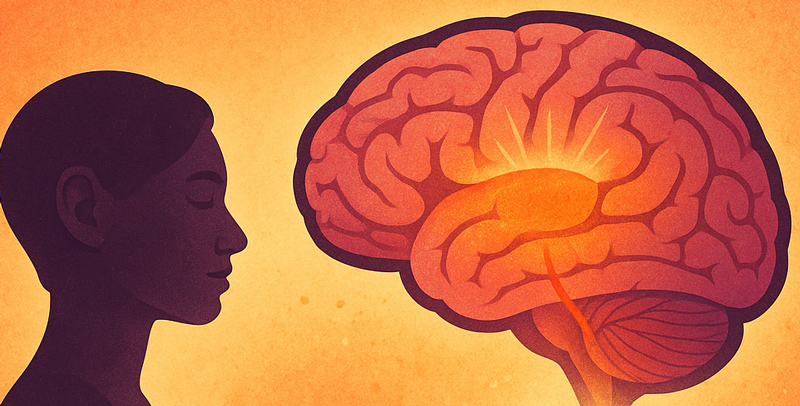
Gratitude for Self: It Ain’t Easy (But So Worthwhile!)
October 18, 2025
Feeling Deeply, Acting Wisely
November 5, 2025This post is part of the three-week Grounded in Gratitude series — Week Two: Gratitude for Relationships.
A healthy relationship is sustained over time by expressing appreciation. It’s a heartfelt, non-transactional way of affirming the importance of a person in your life. And yet, when we grow accustomed to the other’s presence and roles, we tend to see them as a fixed parameter. Our attention is not easily drawn to what we assume to be static; it naturally flows to what we anticipate will change. So when we take someone for granted, we are likely to overlook their actions. Moreso, we may even overlook the changing nature of who they are, another being navigating the transformations of life, just like us. How do we go beyond simply remembering to say “thank you” and explore the question: what are the grounds for gratitude to flow naturally?

It might seem paradoxical that turning inward, through practices like yoga and meditation, can strengthen our outward relationships. But at its foundation, gratitude requires awareness. To experience feelings of gratitude and express them, we first need to be aware of what is happening within and around us. If we are distracted and desensitized, then we don’t have the bandwidth to be mindful.
One of the first gifts of yoga and meditation is the space to feel the intricate and ever-changing connections between things. By clearing our mind and resting our attention on the steadiness of breathing and sensations of the body, we gain the capacity to be curious again. The web of relationships that sustain us is dynamic, continually forming and reforming through our actions and energy. By tending to our inner state through practices like yoga, we become better able to perceive those connections. I’ll discuss the neuroscience behind this further along (for those interested). But in brief, the connections between self and other, held in our mind and heart, are not as distinct as we may assume. As the sense of separation weakens, gratitude becomes less of an effortful transaction (“I thank you”) and more a feeling of resonance (“we exist together”).
In addition to developing our attentional capacity for gratitude, introspective practices also help cultivate the emotional capacity for gratitude. The grounded practices of yoga help balance our mood and replenish our resources, so we can be vulnerable and steady enough to feel again. Off the mat, when we are energetically restored, we are more likely to listen and engage with what actually matters in relationships rather than react defensively.
In addition to restoring our emotional capacity, the inner practices of yoga foster empathy and compassion for others. This is really where I get excited about the neuroscience perspective (read here if you’re interested). But for now, let’s come back to the idea that this week’s practice is both personal and relational. As you journal, move, meditate and breathe, notice how the practice connects you with your relationships. The more we meet ourselves with understanding and compassion, the more we have to offer those who share our lives.





